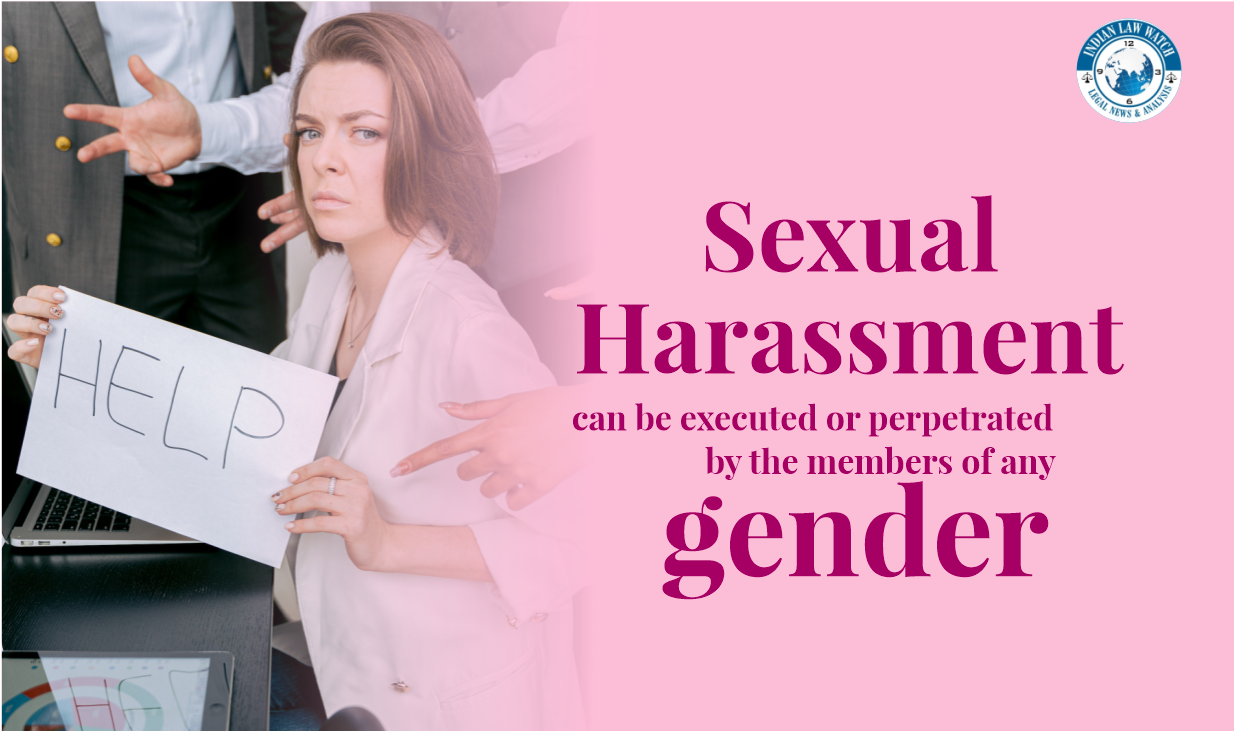
Complainant accused the respondent of vilifying and publicly defaming her, thereby creating a hostile environment.
In this case a writ petition was filed challenging the actions of the IC of the educational institution that initiated an inquiry into a complaint filed by a woman against another woman. The Respondent’s (petitioner in this case) representative argued that since according to S.19(h) of the POSH Act, the Employer could cause to initiate action against the Respondent under the Indian Penal Code, which would not apply to complaints of sexual harassment made against a woman, the POSH Act also only applied to complaints against men.
It was argued by the representatives of the educational institution that the POSH Act did not specify the gender of the complainant and furthermore, since they were subjected to the University Grants Commission Notification dated 2nd May 2016 (UGC Guidelines), which takes a gender-neutral approach to sexual harassment when faced by students, it was within the jurisdiction of their IC to inquire into such a complaint.
Gender of Respondent:
While S.g of the POSH Act allows an “aggrieved woman” to file a written complaint of sexual harassment at the workplace, it does not indicate the gender of the respondent as it uses the gender-neutral term “persons. Accordingly, it was held that there is nothing in S.9(m) to preclude a same-gender complaint, making such complaints maintainable under this law. The Court based this conclusion on the dynamic mode which the Indian society is adopting currently and stated that it is “not improbable” that persons of the same gender can also hurt the modesty or dignity of a woman irrespective of the perpetrator’s sexuality and gender.
Definition of Sexual Harassment:
The Court held that the definition of Sexual Harassment in S.2(n) cannot be a static concept but has to be interpreted against the backdrop of societal perspectives. Sexual harassment, as contemplated in the POSH Act must pertain to the dignity of a person, which relates to their gender and sexuality. Therefore, creation of a hostile work environment as contemplated under S.3(2) of the POSH Act applies when connected to acts and behaviours defined as Sexual Harassment and can be executed or perpetrated by the members of any gender.
Source: Voice of SASHA




